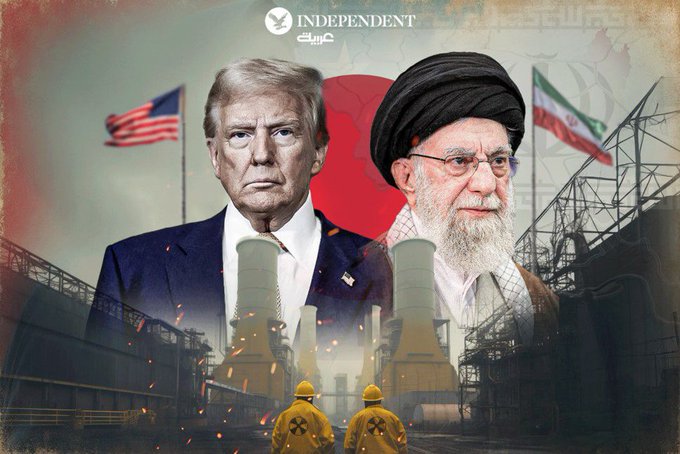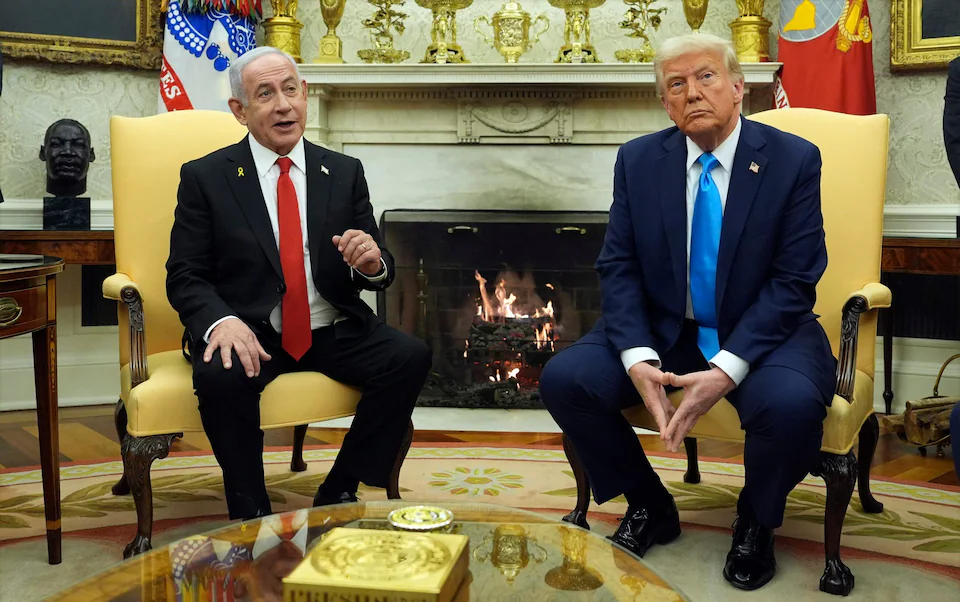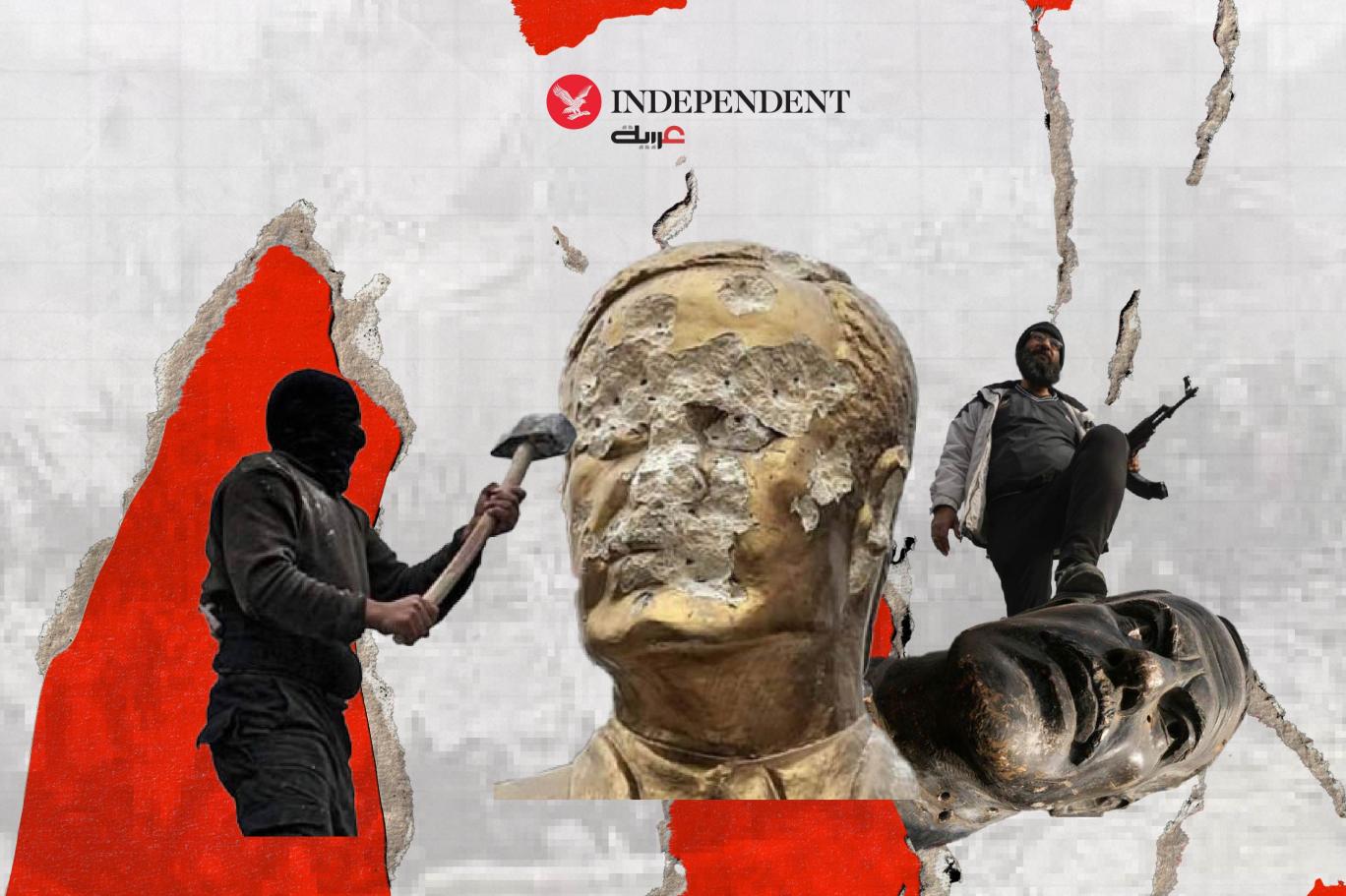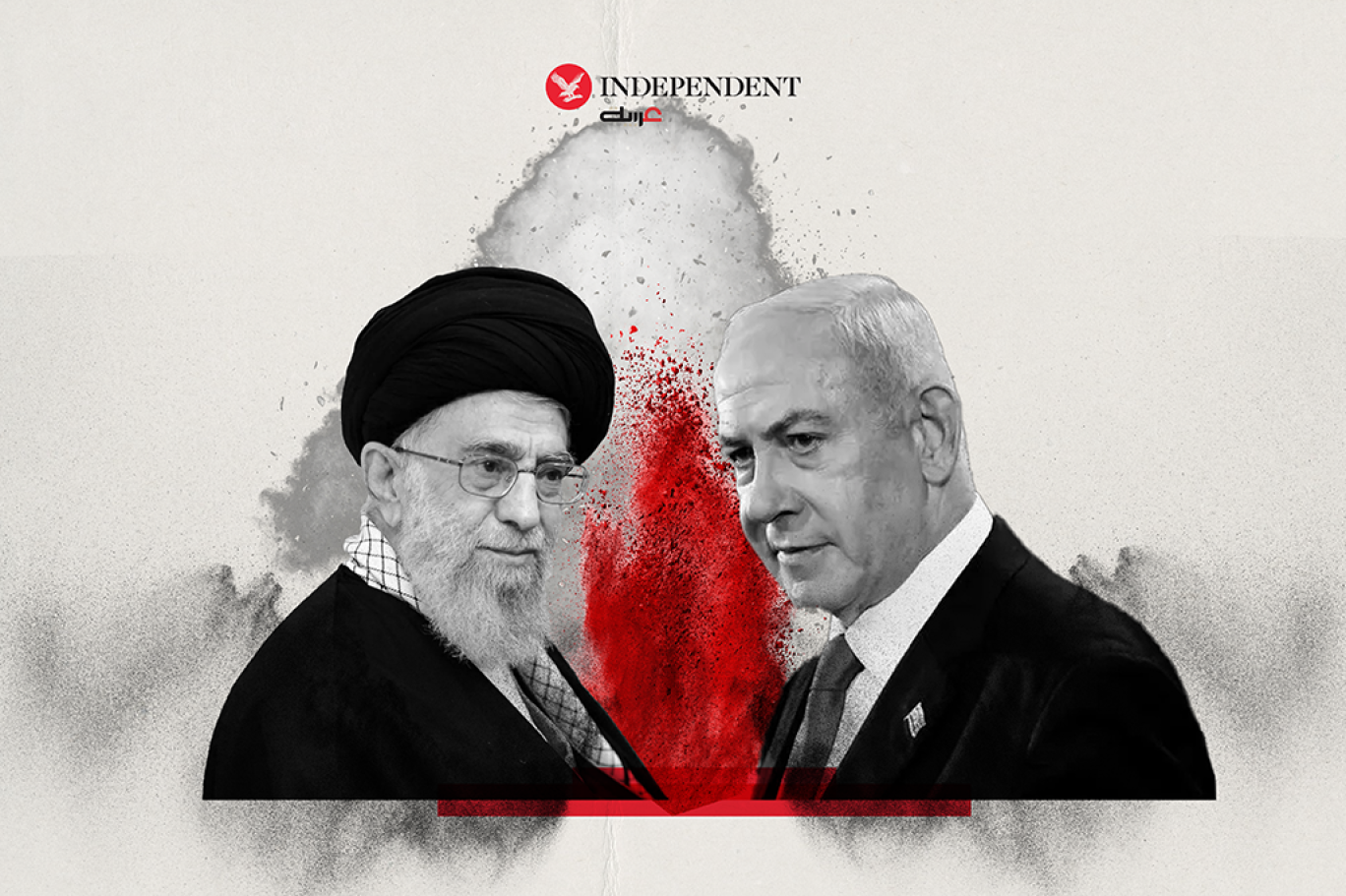Jerusalem’s bold strike at the heart of terror should bring shame to Western states still in thrall to false peace
Hassan Nasrullah, Hezbollah’s Secretary General, died on Friday, courtesy of an Israeli air strike. Iran’s “Ring of Fire” strategy, unfolding militarily against Israel across the Middle East since last October 7, has suffered a major setback.
Jerusalem has already nearly destroyed Hamas’s organised military capabilities in Gaza and, combined with “Operation Grim Beeper” just over a week ago, has repeatedly imposed shock and awe on Hezbollah’s top cadres and infrastructure.
Since Nasrullah met his maker, Israeli forces have pounded Hezbollah strongholds by air and are readying a ground attack, likely aiming to clear out all terrorist threats south of Lebanon’s Litani River.
Israeli Prime Minister Bibi Netanyahu flatly ignored President Joe Biden’s pressure not to escalate military action against Hezbollah, and also Prime Minister Keir Starmer’s speech to the United Nations.
The BBC derided Israel’s efforts, headlining that Netanyahu was trying to “chase victory” Israel, however, clearly signalled its resolve against Iran, a quality much lacking in recent US and UK policy. Hezbollah and, more importantly, its paymasters in Tehran, should recognize that Israel is determined to do what it takes to establish its security, notwithstanding enormous external pressure.
Also on Friday, Yemen’s Houthi rebels attacked US Navy vessels in the Red Sea, the latest example of Iran’s year-long campaign via its Houthi proxies to close the Suez Canal-Red Sea passage to all but friendly vessels. The Houthis openly declared they would support Hezbollah “without limits”. Showing solidarity with its mates, the Houthis again launched missiles against Israel itself.
These terrorist groups, like their allies Hamas and Shia militias in Iraq and Syria, have been armed, equipped, trained and financed by Iran for decades, as part of Tehran’s Ring of Fire strategy. Tehran is now arranging for Moscow to arm the Houthis with anti-ship missiles, evidence of Iran’s growing Russian ties.
Both the White House and 10 Downing Street need to lift their eyes to the strategic level. The barbaric Hamas October 7 attacks constituted but one facet of Iran’s multifront threat against Israel.
Britain and America once understood what it meant to fight a multi-front war. They did so together successfully in two World Wars, and then again during the Cold War.
Today, Messrs Biden and Starmer have trouble with this concept. Fortunately, Israel’s leaders do not. For the good of the West as a whole, Israel is now decimating our terrorist enemies in the Middle East.
Although Jerusalem still receives military aid from Washington, London has turned icy, and Biden’s White House is growing more frigid. Neither America’s Secretary of State nor its UN Ambassador attended Netanyahu’s General Assembly speech. And that was before Israel’s strike at Nasrullah.
Despite pro-terrorist propaganda, and the media echo chamber of supporters, the current conflict was never a war of Palestinians against Israeli oppressors. From the start, it has been an Iranian war against Israel.
Failure to grasp this bigger picture, a failure common to the national-security departments and agencies in Washington and London since October 7, persists in their opposition to Jerusalem’s determination to at the very least neutralise the serious terrorist threats it faces.
Certainly, Israel has made its share of mistakes over the past year, along with the West generally, and can be faulted for allowing the terrorist menace to grow to its present levels.
We have all repeatedly dealt fecklessly with Iran’s efforts to create nuclear weapons. But now that the reality of present danger has become crystal clear, quibbling about Israel’s determination to survive is quite unbecoming to the West’s leaders.
Failed and misbegotten diplomacy toward Iran and Hezbollah particularly has helped produce the current conflict. I know personally because of my service as US Ambassador to the UN during and after the 2006 Israel-Hezbollah War.
Although the inadequacies of Security Council Resolution 1701, which brought that conflict to a halt, were evident even as the Council was voting unanimously to approve it, recent years have shown it to be wholly ineffective. Resolution 1701’s central objective was to prevent the rearmament of Hezbollah after Israel’s devastating retaliation for combined Hamas-Hezbollah attacks from Gaza and Lebanon (sound familiar?).
To say the least, this UN diplomacy facilitated exactly the opposite result. It did not strengthen an independent Lebanese government, with the backing of enhanced UN peacekeeping forces, to stand against Hezbollah. Instead, Hezbollah in effect took over the Lebanese government.
As with Hamas in Gaza, not until Hezbollah is eliminated will the truly innocent civilians have a chance for representative government.
Today’s real issue is Iran. Far from being eager to aid now-beleaguered Hamas and Hezbollah, Iran is clearly worried it will face direct, devastating retaliation from Israel. Indeed, there were reports even before Israel’s elimination of Nasrullah that Iran was dodging Hezbollah entreaties for Iran to come to its defence.
Iran has been visibly nervous about responding to Israel’s killing of Hamas leader Ismael Haniyah on July 31, and Nasrullah’s exit will only make the ayatollahs more nervous.
The fear that this time Netanyahu will not succumb to American pressure to “take the win,” as Israel did in April after Iran’s unsuccessful missile and drone attack, is clearly chilling Iran’s leadership. As well it should.
While the future is decidedly murky, Israelis undoubtedly remain determined to defend themselves. Too bad the current United Kingdom and the United States governments are not proud to stand with them.
This article was first published in The Daily Telegraph on September 28, 2024. Click here to read the original article.







